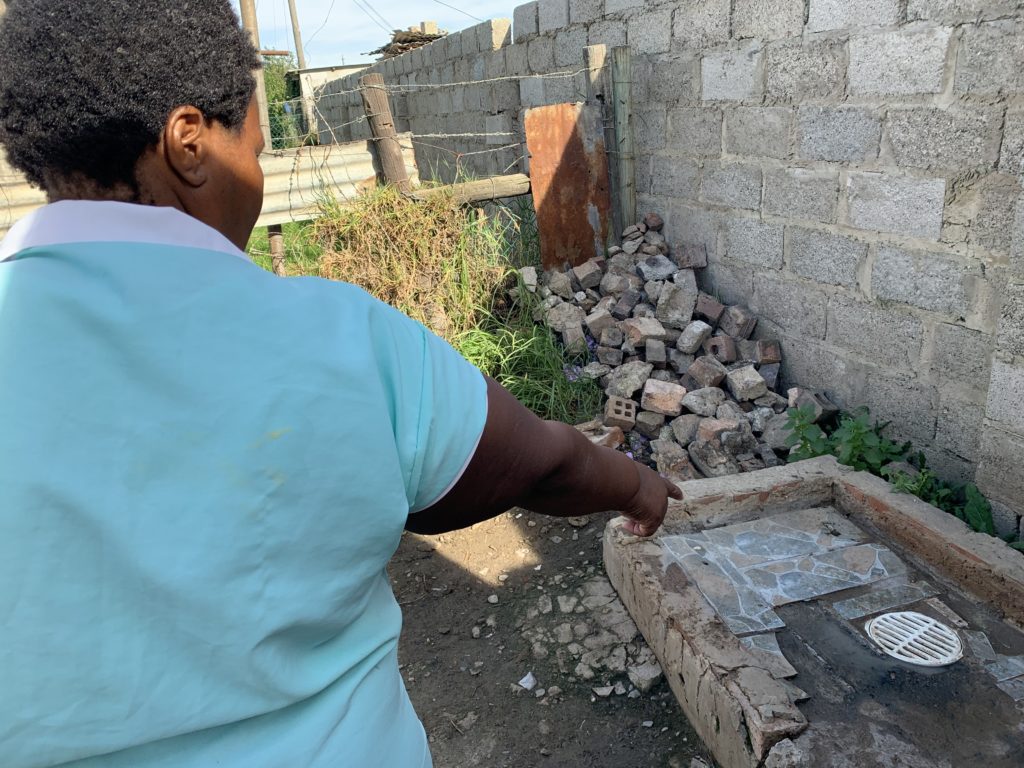By JULIAN JACOBS
Selling alcohol and cigarettes was made illegal at the start of the Covid-19 lockdown in South Africa and the ban remains during the current stage 4 version. This has seen bootleggers thrive, charging exorbitant prices.
Also thriving under the lockdown is home brewing – which is fine if you brew for your own use, but not if you brew to sell. One home brewer in Joza’s Extension 6 recounted to Grocott’s Mail her encounter with the Covid-19 lockdown laws and the soldiers enforcing them. Unathi (not her real name) shivered as she told her story to Grocott’s Mail through an interpreter.
“At first the police came, since they know I sell home-brewed beer and they told me to stop,” said Unathi.
But it’s how she earns a living.
“I did not stop. This time around the army came.”
She remembers the day vividly.
“They saw some people sitting in the house drinking. I was terrified when they stopped in front of my house,” she said.
The soldiers told her to take the beerl from her customers and pour it down the drain.
“Here,” she said, pointing to an outside drain. “They took me here and made me pour it all out,” said Unathi.
It was rumoured across the township that the soldiers forced her to drink her own brew, but that didn;t happen, Unathi said.
“That did not happen. They were nice to me.”
Before she started her home-brewing business, Unathi used to sell sheep heads and trotters at a local tavern. She worked long hours and had to walk home in the dark.
“I was robbed so many times of the money I used to make,” she said. “So I decided to brew and sell at home. I have been selling this alcohol for more than two years now.”
Brown sugar, yeast and warm water are among the essential ingredients for her brew.
“Once I’ve mixed the ingredients I let it stand overnight. I know exactly how long it must stay like this. By doing this I control the strength of the beer,” says Unathi.
Unathi sold her home-brewed beer for R3 a litre.
“I had lots of customers and they came from everywhere, but now I have to wait till month end to get money from the two grants this household receives,” she said.
“It’s difficult. Now if I run out of something to eat, I have to ask my neighbours. It’s not like before, where I could afford everything.”
When we asked her if she would sell alcohol again, she said, “No, I am too terrified. I am done.”
She says since her business was closed, many others in the neighbourhood had started to sell
illegal alcohol at their premises and the police were not doing anything about it.


